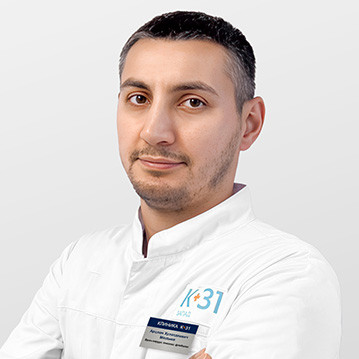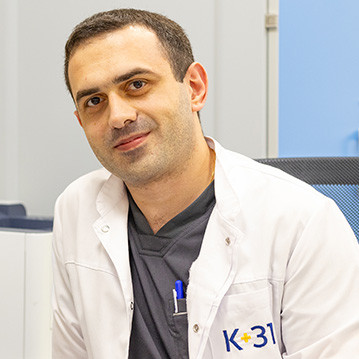
The purpose of bariatric surgery is the fight against excess weights. This is a young area of medicine for our country, although it is common in the west. Today, bariatria is the most effective treatment for the most severe form of obesity (morbid).
Conservative treatment or bariatric surgery?
Overweight people are often afraid to go to surgery, preferring conservative methods. For comparison, the official statistics of the WHO.
Conservative treatment
Diet. On average, weight is reduced by 6% if the patient will observe it constantly and be monitored by a dietitian for life.
Physical exercise. A decrease of 3% (if combined with diet), while increasing the risk of heart attack, seizures, stroke and hypertension.
Medicines At 1%, but some drugs are prohibited, as there are many side effects.
Psychotherapy A decrease of 10% (the duration of therapy is from a year), but about 95% of patients gain their previous weight after five years.
Bariatric surgery
The indicators depend on the chosen technique, individual characteristics of the body and type of operation. Patients lose between 45% and 100% of their weight. If a person constantly visits a specialist after surgery, he continues to lose weight.
In addition, bariatria helps to cope with other ailments:
- normalization of hypertension in 61% of patients;
- 85% cure for sleep apnea;
- the lipid profile is better in 70%;
- diabetes goes away at 78%, it becomes easier - 95%.













































